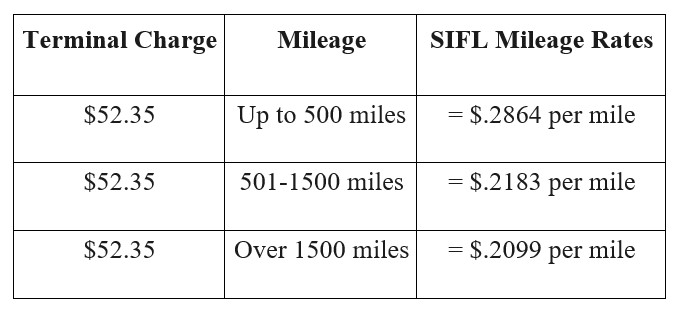Check out our summary of significant Internal Revenue Service (IRS) guidance and relevant tax matters for the week of May 1, 2023 – May 5, 2023.
May 1, 2023: The IRS released Internal Revenue Bulletin 2023-18, which highlights the following:
- Announcement 2023-13: The Office of Professional Responsibility announced recent disciplinary sanctions involving lawyers, certified public accountants, enrolled agents, enrolled actuaries, enrolled retirement plan agents and appraisers.
- Revenue Procedure 2023-15: This revenue procedure provides a safe harbor method of accounting that taxpayers may use to determine whether expenses to repair, maintain, replace or improve natural gas transmission and distribution property must be capitalized. This revenue procedure also provides procedures for obtaining automatic consent to change to the safe harbor method for linear property and non-linear property.
- Notice 2023-33: This notice provides the corporate bond monthly yield curve and corresponding spot segment rates and the 24-month average segment rates for April 2023. This notice also provides guidance as to interest rates on 30-year Treasury securities and 30-year Treasury weighted average rates.
- Revenue Ruling 2023-8: This revenue ruling obsoletes Revenue Ruling 58-74 relating to the deductibility of research or experimental expenditures for prior taxable years to which the expense method is applicable. There are insufficient facts in Revenue Ruling 58-74 to properly analyze whether a taxpayer’s failure to deduct certain research or experimental expenditures (when it deducted other research or experimental expenditures) constituted a method of accounting or an error.
May 1, 2023: The IRS released Tax Tip 2053-59, highlighting the Small Business Virtual Tax Workshop. This resource can help business owners learn how to navigate their federal tax responsibilities and is an easy and convenient way for both new and experienced small business owners to learn or review topics relevant to their businesses.
May 2, 2023: The IRS announced that Florida storm victims now have until August 15, 2023, to file various federal individual and business tax returns and make tax payments as a result of tornados, severe storms and flooding that occurred from April 12 to April 14, 2023. Relief is available to anyone in an area designated by the Federal Emergency Management Agency (FEMA) as qualifying for individual or public assistance. The current list of eligible localities is available here.
May 2, 2023: The IRS released Tax Tip 2023-60, suggesting tools and resources to help small businesses.
May 2, 2023: The IRS urged business taxpayers to begin planning now to take advantage of tax benefits and to prepare for reporting changes that take effect in 2023. This reminder comes as part of National Small Business Week, where the IRS is joining the Small Business Administration and others in both the public and private sector to celebrate the hard work, ingenuity and dedication of small businesses and their contributions to [...]
Continue Reading
read more

 Subscribe
Subscribe





